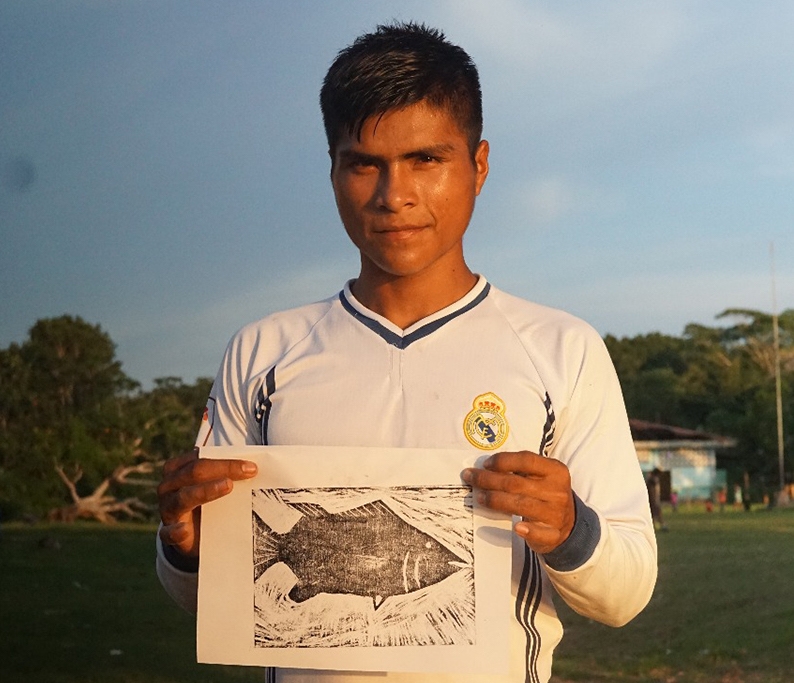Cristian Javá Ríos was a Kukama. He defended his territory and monitored the environment in La Petrolera an indigenous community located in the district of Urarinas in the north-eastern department of Loreto in Peru. He was shot dead allegedly ambushed by criminal gangs that were trying to expel indigenous communities from that part of the Amazon Rainforest.
According to ACODECOSPAT, an association that gathers 64 indigenous Kukama and Urarina communities, on April 17 a delegation from the indigenous community La Petrolera went to an invaded area within their communal territory, with the objective of retrieving it; but they were ambushed by the invaders who caused Cristian Java’s dead and left five other people injured.
Local testimonies state the gangs had been threatening the people at La Petrolera to a point it prevented them from doing surveillance and environmental remediation work in areas close to their settlements. This had been reported to the Prosecutor’s Office in Nauta, but no action was taken, according to a press release by ACODECOSPAT.
ACODECOSPAT denounces that the invasions to the communal territories in the Chambira and Patoyacu respond to economic interests of people who agree with the company and the State the implementation of “development” projects (such as sanitation systems) to profit through them. The same organization suggests there might be a link between the attacks to oil pipelines in the region and the remediation companies.
Cristian Javá was also a young husband and father of a six month old.
